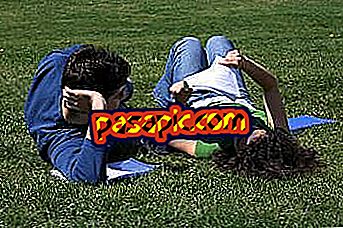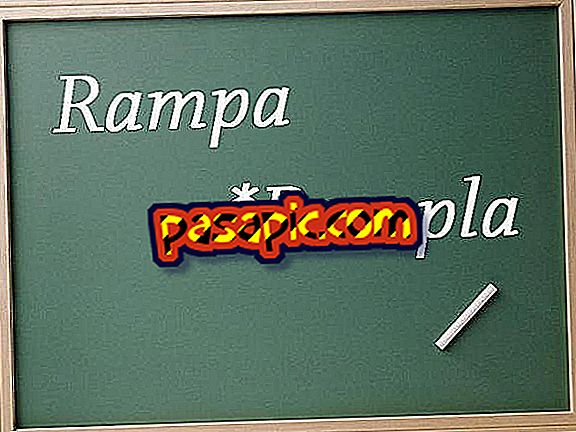How to be more organized with money

If you have trouble getting to the end of the month, if your account runs very fast without funds, it will be good to learn a little economic organization so you can spend the whole month with money and without worries. But being organized with money does not imply making a budget and sticking strictly to it, it goes further. From we will explain how to be more organized with money to balance your finances.
Steps to follow:one
Every month we have to deal with some payments (electricity, water, telephone, the community of neighbors, car insurance, etc.) so that we do not go crazy with all the bills, the first thing to do is to settle all the bills in an account and pay them automatically on the same day of each month. This way we will make sure to pay the invoices punctually and we will save fines or penalties for delays.
In this article we tell you how to save on the electricity bill and on this one on the gas bill.
two
Another very important aspect is to have the bank accounts organized . If we have accounts in different banks we can try to group them all in the same entity, which for example will save us commissions when transferring money from one account to another. We will also gain time when making arrangements. If you have accounts that you do not use, close them. You have to pay maintenance costs, so you'll save them and you'll have your money much more organized.

3
If you want to save, record your day-to-day expenses . At the beginning of writing down all your expenses, from going for bread to buying the week in the supermarket, it can be a bit heavy, but little by little you will get used to it. You should also note if you pay in cash or with a card.
4
After a few weeks of writing down the expenses - a month is a good time - you can divide them into categories. One can be the household expenses, another the food, the leisure, the clothes, domestic bills, etc. Within each category you can differentiate between payments made in cash and those made with a credit card. Month to month you can compare your expenses in each category and know what you spend more on.

5
Once the expenses have been analyzed, you can study if you are more interested in using cash or cards, knowing when the most important receipts will arrive and adjusting other expenses, such as those in the leisure category, so as not to unbalance your accounts. Little by little you will discover what you spend more on, but if you start planning your expenses you will be able to balance them and start saving.
6
Periodically review your expenses . Keep receipts, proof of payment by card, etc., and every so often check that there have been no errors when collecting them. If you keep the receipts you can always complain about an error or a charge that should not have been made. It is very important to control the payments we make.

7
If you invest, you must learn to assess the risk of each investment. It is not the same to have a fixed term as a fund or a pension plan, at all times we must know where it is better for us to put our money. To better manage finances we can inform ourselves. This way we will avoid buying on the upside or sell on the downside.


